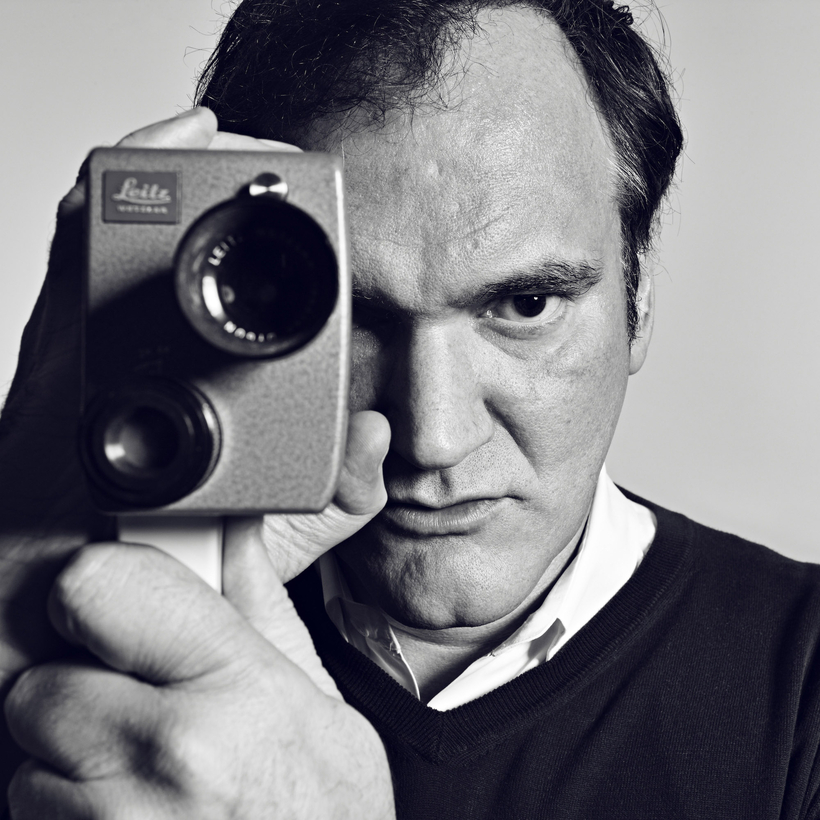In Pauline Kael’s review of the late New Wave master Jean-Luc Godard’s Band of Outsiders (1964) for The New Republic, she wrote, “It’s as if a French poet took a banal American crime novel and told it to us in terms of the romance and beauty he read between the lines.”
Kael’s singularly influential career was defined not just by the aesthetic of her writing, but also by an uncommonly honest embrace of the subjectivity inherent in cinematic experience and pleasure. Unlike her more consumer-minded peers, Kael took an unapologetically personal approach to film analysis, often going against consensus in the process. Whether a virtual lone voice in panning Sidney Lumet’s Network (1976) as a “ventriloquial harangue” or cheerleading Brian De Palma’s then loathed, now revered sleazy early work, she always provided astute and entertaining proofs for her takes.


